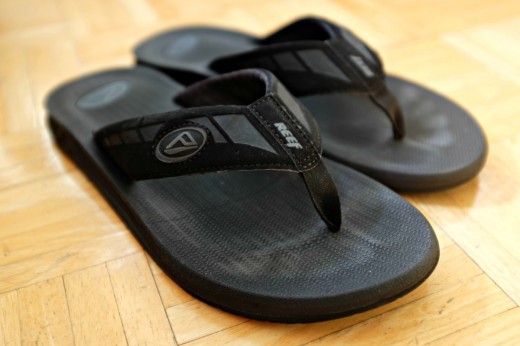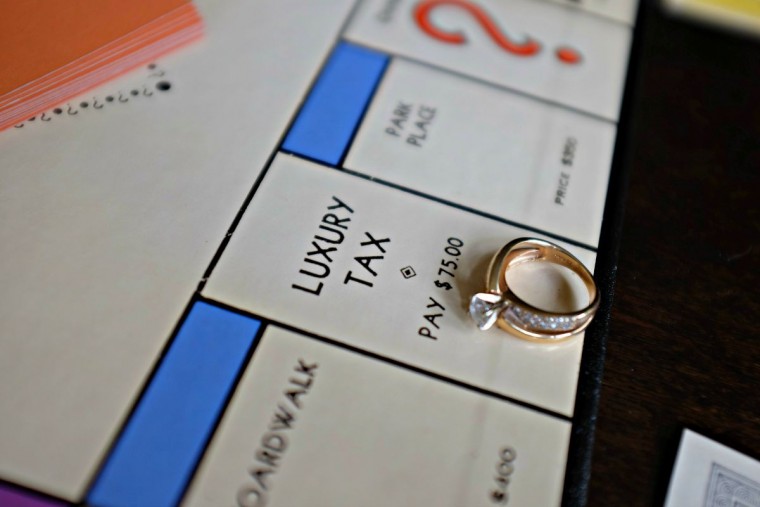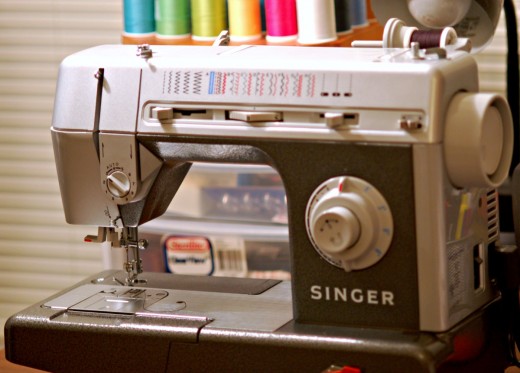I’ve had the same pair of sandals for seven years. In a word, they have been exhausted. It was past time to buy another pair. Wife read a few reviews and surprised me by buying sandals online.
There was just one problem.

They weren’t what I was expecting, and they didn’t fit like I had hoped. My first impression was a bad one. Now what?
For some reason, I chose to seize this opportunity as a lesson in contentment.
I could have ordered many more pairs of sandals in my size, ship them here, return the others, and decide among them to find the very best pair possible.
It just didn’t feel right, though. (Plus it would have been a ton of hassle for such a mild purchase. Still, that is probably what I would have done normally.)
Instead, this time, I thought about it calmly.
I know these are good sandals because I trust my wife’s judgment thoroughly.
I know they will last and will work fine.
I know they will fit better as I wear them.
And I know it will cost me time and effort to exhaustively find the best pair of sandals ever made for my feet. (This sounds exhausting just typing it!)
Instead of giving in to The Paradox of Choice and ending up very unsatisfied due to so many options available, I decided to actively like the pair I have.
If there were only a handful of options for sandals in the world, this pair would obviously shine as the best choice for me. So why torture myself and second-guess a great product just because my expectations are off?
They don’t have to fit my foot absolutely perfectly. They don’t have to be made out of specific materials I love.
They don’t have to make my year or cook breakfast or be the best footwear ever made.
They can just be a pair of sandals.
And I can appreciate them for what they are.
This is a subtle yet important step toward contentment.
PS — I now realize this is an example of satisficing, as mentioned in The Paradox of Choice. Sometimes it’s hard not to be a maximizer!
Have you second-guessed a decision because it may not have been the absolute best choice? What would it take for you to appreciate it for what it is?





